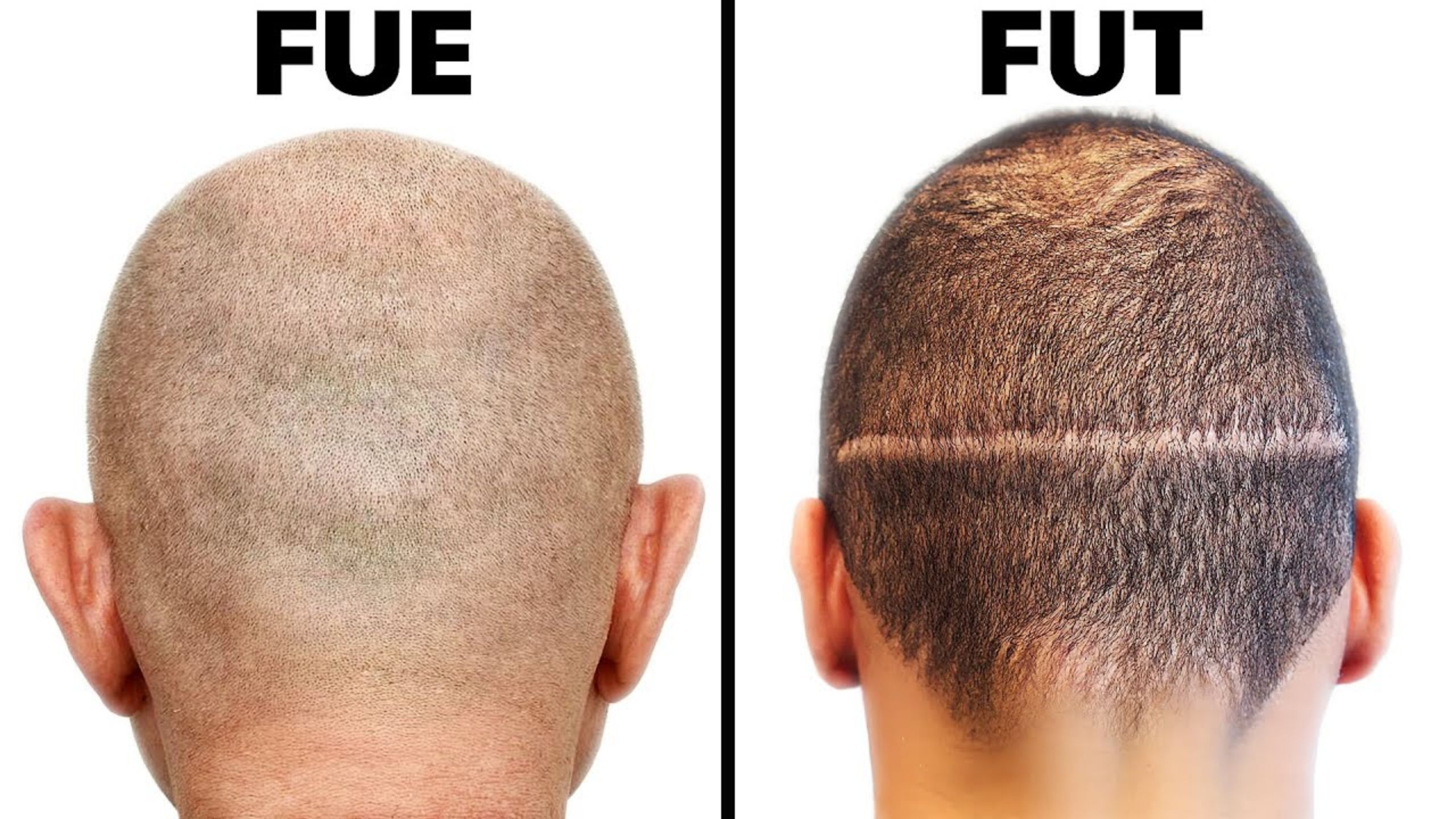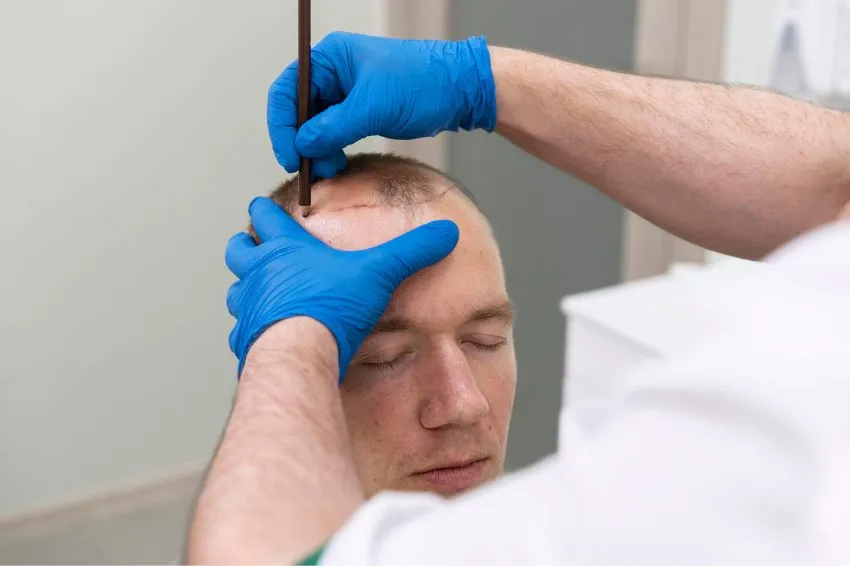Hair restoration has evolved dramatically over the past decade. Women and men seeking fuller, natural-looking hair now have multiple options, from non-surgical treatments to advanced surgical procedures like FUE and FUT. However, one decision can make or break the results of any hair restoration journey: choosing a board-certified hair transplant surgeon.
In this guide, we explain why certification matters, what to look for in a hair transplant expert, and how making the right choice ensures safety, natural results, and long-term satisfaction.
The Growing Popularity of Hair Transplants
Hair loss is not just a cosmetic concern. It impacts confidence, self-esteem, and even social and professional interactions. According to recent studies, millions of women and men in the U.S. are seeking hair restoration solutions each year.
With rising demand, the hair transplant industry has expanded rapidly. While this growth brings more options, it also increases the number of unlicensed or inexperienced practitioners offering procedures. Unfortunately, choosing the wrong provider can result in poor hairline design, uneven density, unnatural results, scarring, or permanent damage, and wasted time and money.
This is why selecting a board-certified surgeon is not just a preference, it is a necessity.
What “Board-Certified” Really Means
A board-certified hair transplant surgeon has undergone rigorous training, passed specialized exams, and maintains certification through ongoing education. Key points to understand:
- Medical Education and Training
They are licensed physicians who have completed medical school and surgical residency programs. - Specialized Certification
Organizations like the American Board of Hair Restoration Surgery (ABHRS) ensure surgeons meet high standards in hair restoration techniques, ethics, and patient care. - Ongoing Education
Hair restoration is an evolving field. Certified surgeons continue learning new techniques, including advanced FUE, robotic-assisted procedures, and innovative hairline design strategies. - Ethical Standards
Board-certified surgeons adhere to strict ethical practices, reducing the risk of unnecessary procedures or misleading claims.
Why Certification Matters for Safety
Hair transplant surgery is minimally invasive, but it is still a medical procedure. Choosing a certified surgeon directly affects your safety and recovery:
- Proper surgical technique reduces the risk of infection, scarring, and poor graft survival.
- Accurate donor harvesting ensures healthy hair follicles are preserved for future procedures.
- Personalized planning considers your hair type, density, and facial structure.
Unlicensed or uncertified practitioners may cut corners, leading to permanent damage or unnatural results.
Achieving Natural, Lasting Results
A hair transplant is not just about moving hair, it is an art form. Board-certified surgeons combine medical precision with aesthetic expertise to:
- Design hairlines that complement your face
- Ensure follicle angling mimics natural growth patterns
- Match density across different scalp areas
- Restore temples, hairlines, or eyebrows seamlessly
Patients working with certified surgeons report higher satisfaction rates and more natural results that withstand the test of time.
Understanding the Risks of Choosing the Wrong Provider
Not all clinics advertise whether their surgeon is certified. Some use technicians or underqualified providers to perform critical parts of the procedure. Risks include:
- Unnatural Hairlines – Straight or overly uniform lines that reveal the transplant
- Poor Graft Survival – Low-quality techniques can lead to thinning, patchiness, or wasted follicles
- Scarring or Overharvesting – Improper FUE or FUT techniques can damage donor areas
- Inadequate Follow-Up Care – Certified surgeons provide post-procedure support, something non-certified providers often lack
How to Verify a Board-Certified Hair Transplant Surgeon
When choosing a provider, look for:
- Certification Verification – Check the surgeon’s credentials on ABHRS or other recognized boards
- Before-and-After Photos – Look for real patient results, ideally from multiple angles
- Patient Testimonials and Reviews – Consistent positive experiences are a good indicator of quality care
- Consultation Transparency – A certified surgeon will evaluate your condition, discuss realistic outcomes, and answer all your questions
- Professional Memberships – Memberships in professional organizations such as ISHRS or ABHRS show commitment to the field
Questions to Ask During Your Consultation
Before committing, these questions can help you determine if the surgeon is the right fit:
- Are you board-certified in hair restoration surgery?
- How many hair transplants have you performed in the past year?
- Can I see before-and-after photos of patients similar to me?
- What techniques do you recommend for my hair type and goals?
- What is the expected timeline for growth and results?
Non-Surgical Options Still Benefit From Certified Expertise
Even if you are considering PRP therapy, medications, or laser treatments, working with a board-certified hair restoration specialist ensures:
- Accurate diagnosis of hair loss type
- Tailored treatment plans for best results
- Safe, effective procedures with medical oversight
Investing in Quality is Investing in Confidence
While some providers may offer low-cost alternatives, choosing a certified surgeon is an investment in long-term results, safety, and your self-confidence. The cost difference reflects expertise, training, and quality care that can prevent costly corrective procedures later.
Final Thoughts
Hair restoration is a life-changing decision. The results affect not only your appearance but also your confidence and well-being. Choosing a board-certified hair transplant surgeon ensures that your procedure is performed safely, ethically, and with an artistic eye for natural-looking results.
When considering a hair transplant, do not settle for shortcuts. Your hair, your confidence, and your future deserve the expertise of a certified professional.
Take the first step today by scheduling a consultation with a board-certified surgeon who can guide you through your personalized hair restoration journey.



